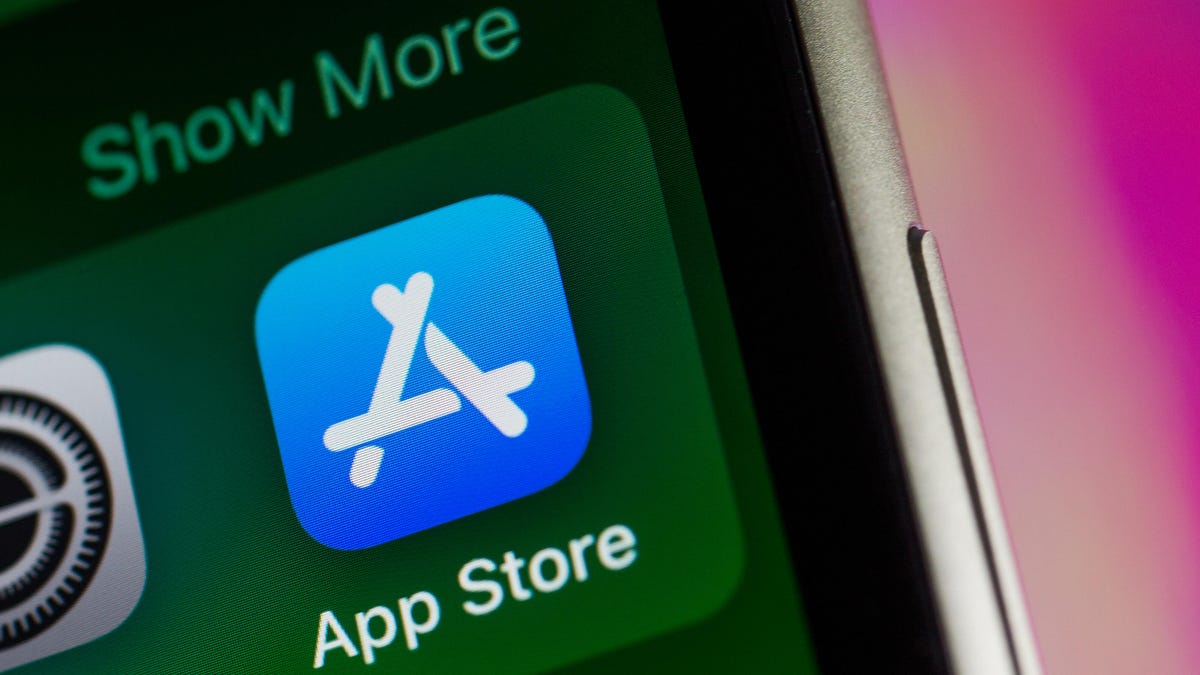App store regulation reportedly backed by Epic Games fails in North Dakota
The bill didn't pass, but it would have provided app developers more freedom.

North Dakota could have caused some big issues for Apple.
A bill in North Dakota that could have caused some trouble for Apple and Google -- and resulted in big changes for app developers -- was voted down on Tuesday.
The legislation, known SB 2333, failed by a vote of 11 to 36 in the state Senate. The bill would have prevented Apple and Google from requiring app developers to use their respective app stores and removed some requirements around in-app purchases.
While North Dakota isn't often the center of tech intrigue, the bill appears to be the latest volley in an ongoing battle between Apple and Fortnite publisher Epic Games. State Sen. Kyle Davison reportedly introduced the bill after being given a draft version by a lobbyist with Odney Public Affairs. In a report from The New York Times on Sunday, the lobbyist confirmed she was hired by Epic Games, and also was being paid by the Coalition for App Fairness.
Epic CEO Tim Sweeney tweeted Tuesday that the legislation push was organized by the Coalition for App Fairness -- which also counts Spotify, another critic of Apple's app policies, as a member -- and he couldn't take credit for it. He did confirm his company was part of the coalition.
North Dakota's effort to combat app store monopolies is awesome for consumers and developers. The Coalition for App Fairness organized the outreach, lobbying, and developer participation. Can't take credit for it, but Epic is proud to be a part of it!https://t.co/Zi0iDMpkaz
— Tim Sweeney (@TimSweeneyEpic) February 16, 2021
Last year, Epic began a legal battle with Apple after its popular battle royale game was removed from the App Store when players on iOS devices were given the option to make in-game purchases without going through the App Store.
Epic didn't immediately respond to a request for additional comment.
Similar bills to SB 2333 are reportedly still be considered in Arizona and Georgia.
Google declined to comment. Apple didn't immediately respond to a request for comment.

